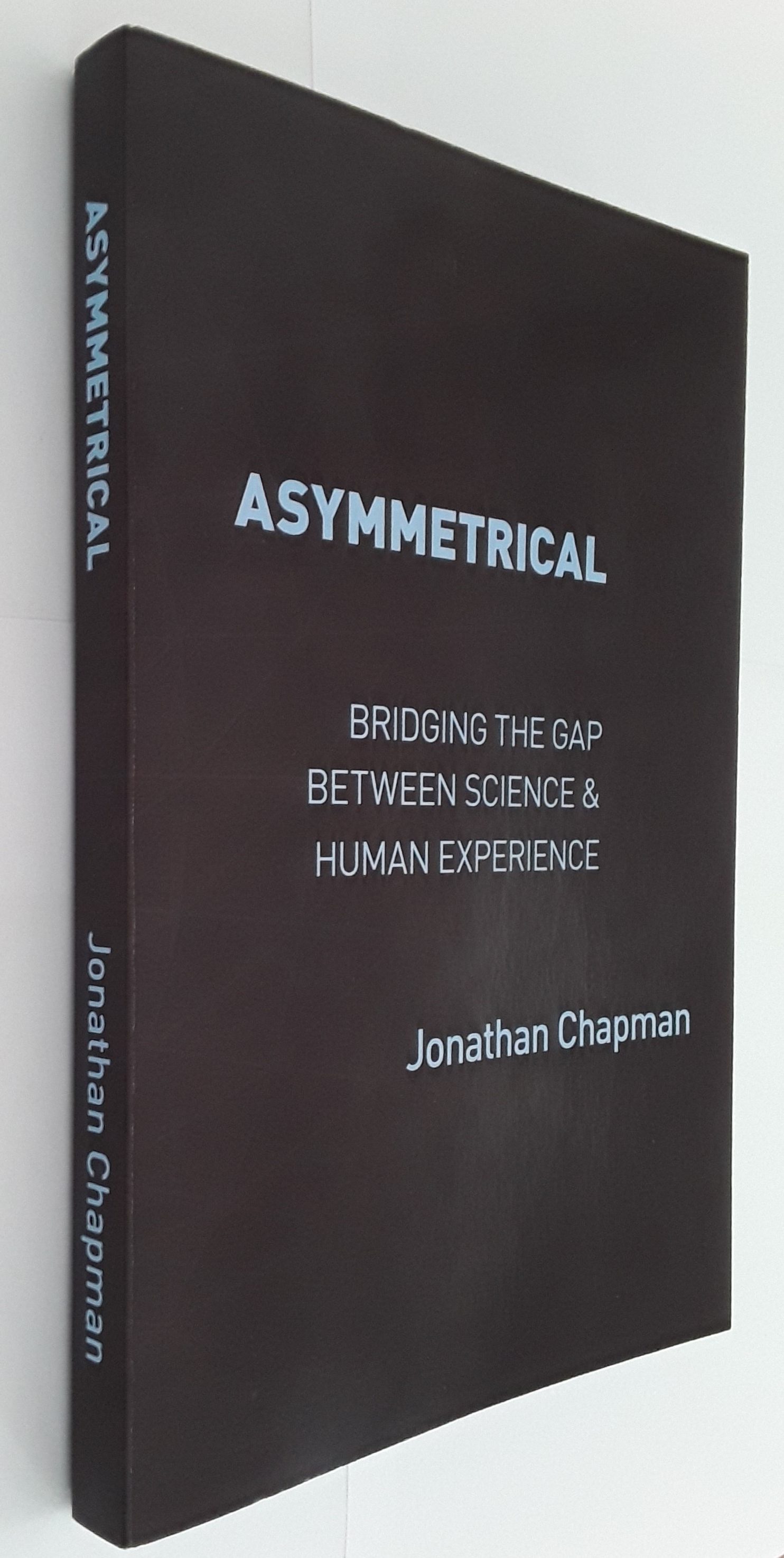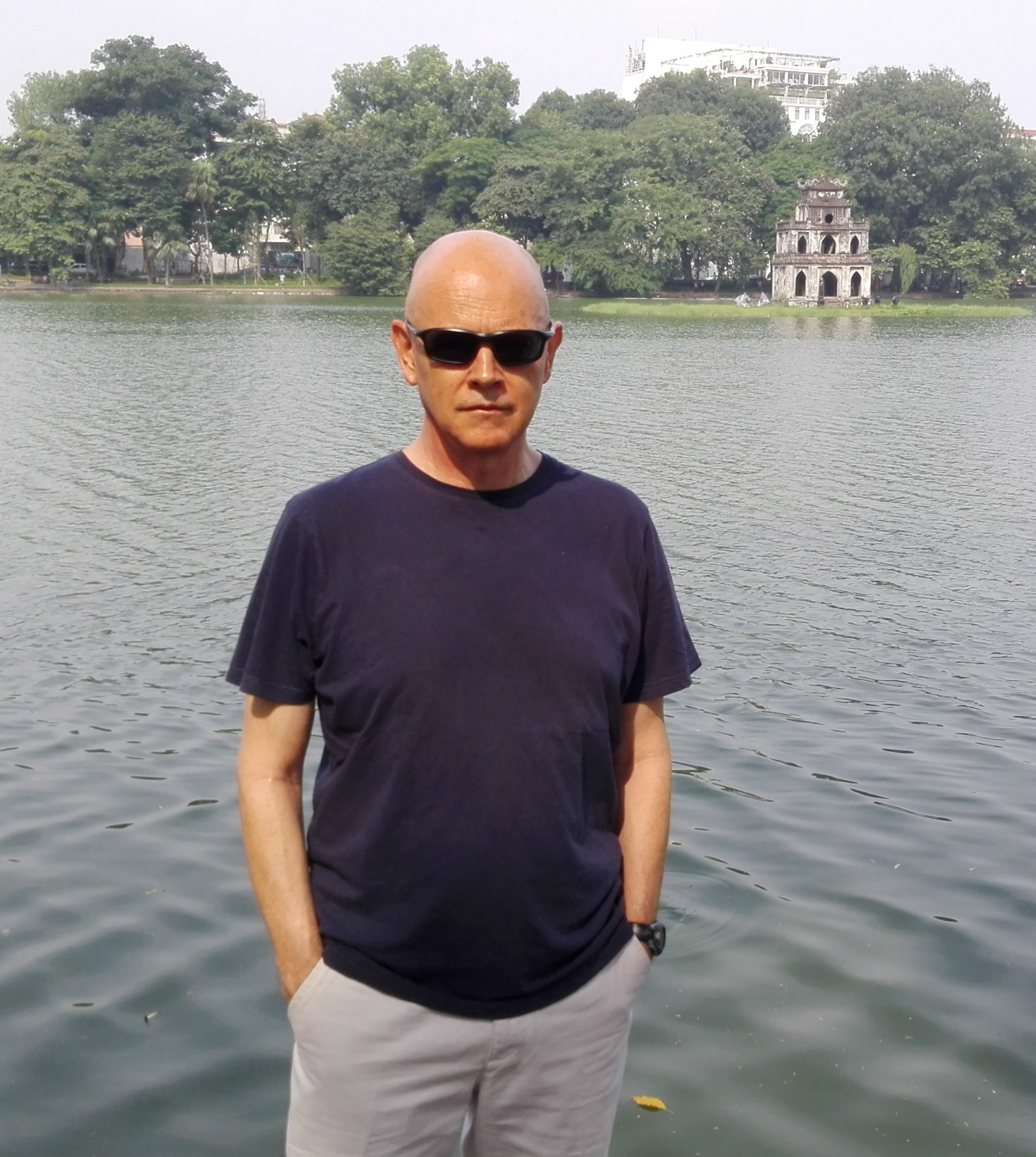How can we integrate the scientific image of the world with our own experience of existence, without compromising either?
How can the macro-scale events of cosmology, biological evolution and cultural acquisition, which are evolving through time and have a history and a memory, be the same thing as the micro-scale events described by physics and chemistry, which remain constant, without either history or memory.
For philosophical monism to be plausible, systems at different scales must have different ordering principles. There must be asymmetries between them, so that the evolving systems at the macro-scale can co-exist with the constant systems at the micro-scale.
In developing my ideas over the last few years, I have been guided by two basic intuitions. The first is that conceptual structures in all domains are, ultimately, heuristic models. The second is that the target for the application of these models is an abstraction from, rather than the totality of, reality. These two ideas are connected. Abstraction is a process of ignoring some aspects of a totality and heuristic models are typically simplifications that deliberately ignore many features of a target domain.
I think this kind of approach allows a unification of methods and therefore a continuity of vision not just across philosophy, science and the humanities but also between theory and practice.

Essays by their nature tend to be incomplete. Much has to be left out to avoid undue length or because this particular structure cannot accommodate it. With that in mind, my intention is to publish additional material in the section Further Reading, discussing some topics in more depth and looking at how the ideas can be developed.
I was born in Chesterfield, Derbyshire, and grew up in East Africa.
I first learnt some philosophy at the London School of Economics. After graduating in economics and politics, I attended Michael Oakeshott’s postgraduate class. He argued that we engage with reality in different modes, each targeted at a different abstraction. Although the scientist, the historian and the practical person engage with the same reality, they are engaging with it as different abstractions from a common totality. The role of the philosopher is to understand the conditions that support these diverse engagements.
After leaving university I worked in the London wine trade for a few years before changing direction and moving into information technology. For most of my career I worked in software development for the Investment Bank Technology division of J P Morgan Chase in London, Bournemouth and Mumbai. Software applications are working models of a business process and provide a template for an heuristic approach to model-building.
Since I retired we have been living in Malaysia.
